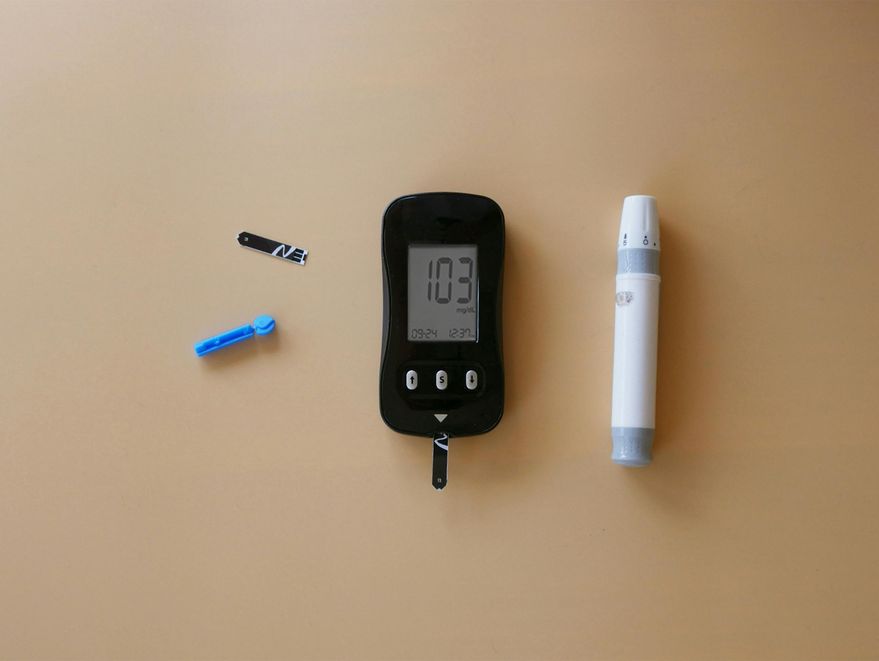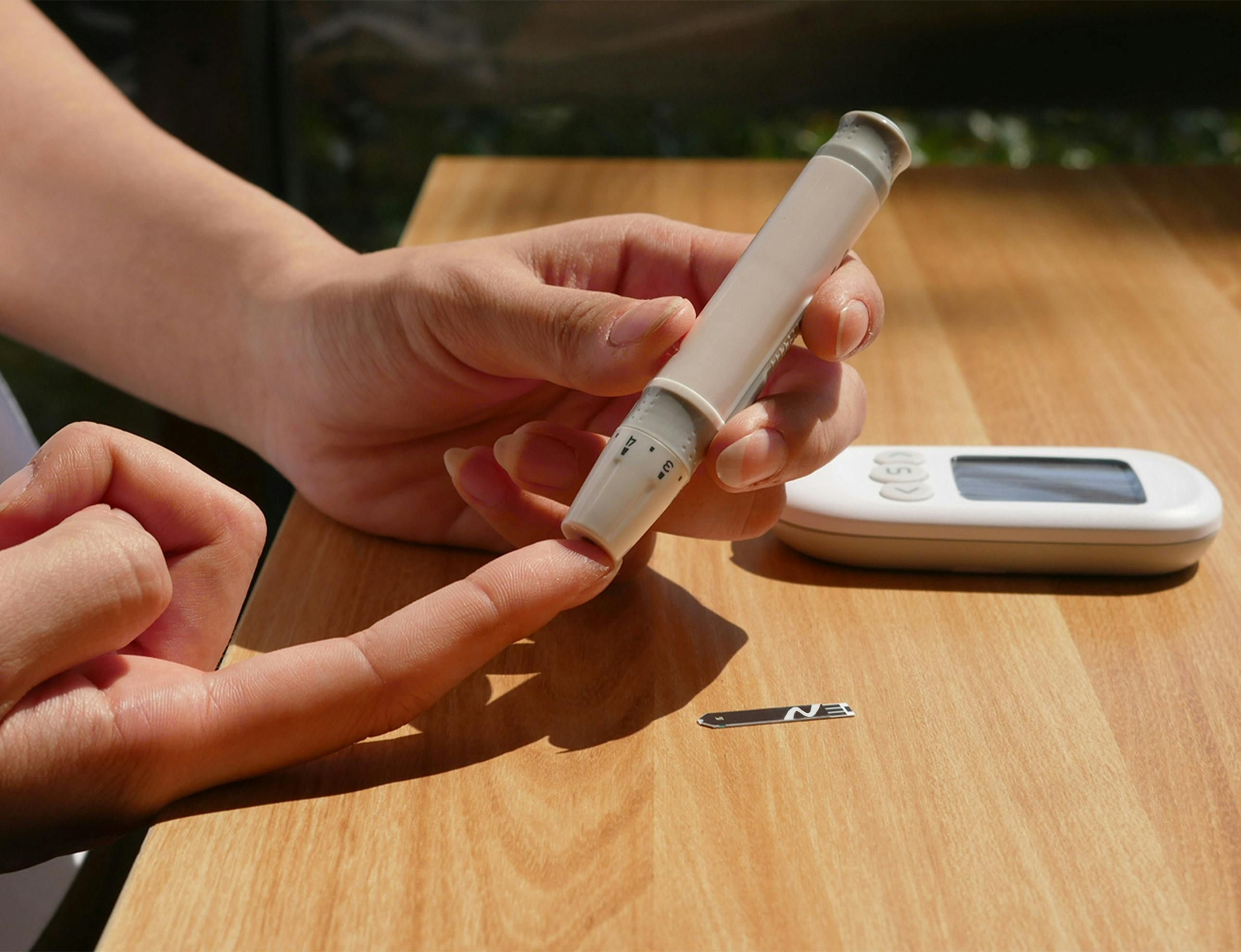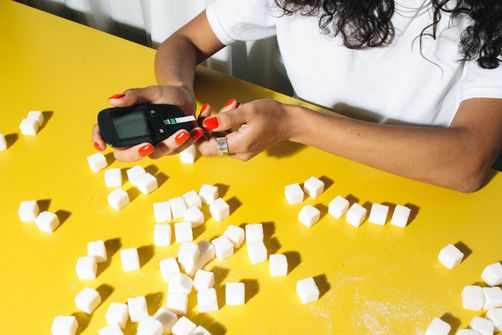
Antibiotics and Intermittent Fasting: Do They Break Your Fast?
Fasting has been practiced for centuries, whether for religious, health, or lifestyle reasons. But with the growing popularity of intermittent fasting...

Hey there, gorgeous! It seems like everyone and their mother is raving about intermittent fasting (IF) these days, doesn’t it? From the 16/8 method where you fast for 16 hours and eat within an 8-hour window, to the 5:2 diet where you restrict calories for two days a week – IF has taken the wellness world by storm, with Google searches for “intermittent fasting” tripling over the past 5 years.
But what if you’re someone who’s prone to hypoglycemia, or low blood sugar? That’s when your glucose levels dip below 70 mg/dL, leaving you feeling shaky, confused, and just plain awful. Could intermittent fasting put you at risk? Let’s dive into the science and find out!
When we talk about hypoglycemia, we’re referring to blood sugar levels below 70 mg/dL – that’s the medical definition, babes. At these levels, your body starts sounding some serious alarm bells in the form of symptoms like trembling, rapid heartbeat, sweating, dizziness, and even anxiety or trouble concentrating.
No thanks! Certain groups are particularly prone to hypoglycemia, including diabetics (around 30% of type 1 diabetics and 25% of type 2s experience it), as well as folks on certain medications like sulfonylureas for diabetes management.

Now, let’s get into the nitty-gritty of intermittent fasting. With IF, you alternate between periods of eating and fasting on a consistent schedule. The 16/8 method is one of the most popular, where you fast for 16 hours (usually including your sleep time) and then eat all your meals within an 8-hour window. But the 5:2 approach is also widespread, involving 2 non-consecutive fasting days of around 500-600 calories per week. Simple enough, right?
But what’s actually happening inside your body during those fasting periods? Well, brace yourselves – it’s a whirlwind of biological responses! Studies show your insulin levels can drop by up to 50% after just 24-48 hours of fasting. Your hormone levels shift, with an increase of up to 5-fold in growth hormone and a 28% rise in adiponectin, which boosts fat metabolism to use those stored lipids for energy. Your cells also become more sensitive to insulin, with one study reporting a 20-31% increase in insulin sensitivity from intermittent fasting. Proponents claim these metabolic gymnastics lead to benefits like weight loss (around 7-11 lbs over 10 weeks), improved blood sugar control, reduced inflammation, and even increased longevity. Sounds pretty tempting!
Here’s where things get interesting for our hypoglycemia-prone friends. When you go an extended period without food, your blood glucose is going to drop initially – that’s just science, ladies. One study found levels declining by around 10% after 16 hours of fasting, often pushing people into the 60s for blood sugar readings.
But normally, your body has some clever compensatory mechanisms to prevent severe hypoglycemia. Enter gluconeogenesis, the process where your liver actually produces new glucose from non-carb sources like amino acids. Research shows gluconeogenesis can boost blood sugar levels by up to 16% during a fast. Neat, right?
Now, for people with healthy glucose regulation, this system usually works like a charm to keep levels stable during a fast. But what about for those with diabetes or other conditions that mess with glucose control? Well, according to Dr. Jason Fung, a leading expert on intermittent fasting, “While IF can help improve insulin sensitivity for many, those with underlying issues may find their blood sugars dropping too low or spiking too high during extended fasts.”
A study in Frontiers supports this, showing a higher risk of hypoglycemia (up to 7.5 times increased risk) in diabetics following intermittent fasting regimens.

If you’re someone prone to hypoglycemic episodes, then extended periods without food could seriously increase your risk while doing IF. Studies estimate the prevalence of hypos during intermittent fasting for diabetics ranges from 25% to as high as 63%. And for diabetics on medication like insulin or sulfonylureas, the stakes are even higher. Why? Because the timing and dosages of those meds are based on a normal eating schedule – fasting can throw a major wrench into that system.
Just take Angela’s story from the Diabetes Forum: “I tried 16/8 fasting, but even after reducing my long-acting insulin by 20%, I went severely hypo around the 14-hour mark most days. It was terrifying – I had to stop.” Real people, real risks.
Scientists even documented a diabetic woman who experienced repeated hypoglycemia episodes down to levels as low as 35 mg/dL and had to be hospitalized after starting intermittent fasting.
Does all this mean hypoglycemia sufferers have to avoid IF entirely? Not necessarily! But you’ll definitely need to take some serious precautions. If you’re determined to give it a shot, start slowly with shorter fasting windows like 12 hours instead of 16, and closely monitor your glucose levels - experts recommend checking at least four times daily when fasting if you’re prone to hypos. Really listen to your body’s cues.
You could also explore “fasting mimicking” alternatives that don’t require complete calorie restriction, like simply condensing your eating into earlier windows. An analysis of 7 studies on time-restricted eating found these schedules still offered metabolic benefits while reducing hypoglycemia risk. And above all else, my smart and savvy ladies, consult with your doctor or diabetes care team before making any drastic changes to your eating schedule or medication routine! Up to 63% of diabetics who modified insulin dosages without medical support experienced hypos in one study.
Look, intermittent fasting may be the trendiest thing since avocado toast, but it’s not a one-size-fits-all situation – especially if hypoglycemia is a concern for you. While IF could potentially improve insulin sensitivity by up to 31% for some, for others it brings a very real risk of experiencing dangerously low blood sugars below 60 mg/dL.
The key, as with most wellness approaches, is knowing your body’s unique needs and taking things slow. Don’t be afraid to experiment with modified fasting schedules tailored just for you. But most importantly, keep your healthcare provider in the loop! There’s still so much we have to learn about the nuances of how intermittent fasting impacts different populations.
So go forth and make informed decisions, my lovelies. Your health is the real wealth! And if fasting just isn’t vibing with you, that’s totally OK – there’s more than one way to achieve your wellness goals.
A: Yes, intermittent fasting can indeed trigger hypoglycemia, especially in individuals with pre-existing glucose regulation issues like diabetes. During long fasting periods, natural declines in blood sugar can lead to hypoglycemia if the body’s compensatory mechanisms fail to maintain stable glucose levels.
A: Caution is advised for people with diabetes considering intermittent fasting. This dietary approach can disrupt normal blood sugar levels and interfere with diabetes medications, particularly insulin. Consulting with a healthcare provider is crucial to appropriately adjust your eating and medication schedule when trying intermittent fasting.
A: Frequent symptoms of hypoglycemia, such as shakiness, sweating, confusion, or fatigue during fasting, may indicate that your fasting schedule is too aggressive or that intermittent fasting isn’t suitable for you.
A: Start with shorter fasting periods and increase the duration gradually as your body adjusts. It’s important to monitor your blood glucose levels regularly and adjust your medication as necessary, under medical supervision. Also, ensure that your meals during eating windows are nutrient-dense to support your fasting.
A: Yes, alternatives like the fasting mimicking diet or adjusting your eating window (e.g., eating from 7 AM to 7 PM) can provide some fasting benefits while reducing the risk of low blood sugar. These methods still require careful monitoring and consultation with a healthcare provider.
A: Treat the episode immediately with a quick source of glucose such as glucose tablets or juice. Once stabilized, reevaluate your fasting plan with your healthcare provider. Continuous glucose monitoring (CGM) devices may also be useful for tracking glucose trends and preventing further episodes.

Fasting has been practiced for centuries, whether for religious, health, or lifestyle reasons. But with the growing popularity of intermittent fasting...

What Is Intermittent Fasting?Ready to dive into a hot topic that's got everyone talking? Today, we're chatting about whether HIV medications can break...

Intermittent fasting is popular for its possible health benefits such as losing weight, better metabolism, and longer life span. One important benefit...

Social gatherings often mean a spread of carb-heavy foods and tempting desserts that can make sticking to the carnivore diet feel tricky. But with a b...

The carnivore diet is often seen as straightforward: eat meat, keep it simple. But adapting it seasonally can bring freshness, variety, and local flav...